Graham Reid | | 5 min read
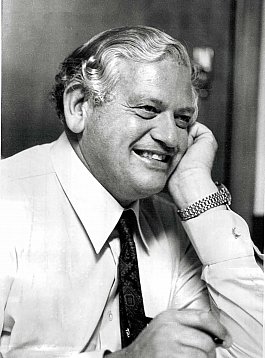
There is something of a Shakespearean tragedy about the life – and especially the painful, protracted death – of Norman Kirk.
Consider the first draft.
ACT I
The young man of humble stock works manual labour, builds his own house for his family, has a common touch and a warm heart, and is a voracious reader.
Through the pages he discovers lands beyond his own, ideas from remote kingdoms and he dreams of a better world than the fiefdom he is in.
He works hard, hunts and fishes for food for the growing family, and his peers elect him to the village council.
And then he rises, through oratory and compassion.
And when the tides of time change he become Thane and his public life really begins. He mounts the stage, his words inspire, his vision is vast and when the old King passes he is anointed.
As the much loved King Kirk he doesn't lord it over his people but rather touches them with his hopes, aspirations and dreams of a better world.
He seems large and impressive but remains a simple man, devoted to small and often private acts of charity and kindness, all the while steering the kingdom in new directions: looking inward to take care of all its citizens, and outward into the wider world which he visits and comes back further inspired.
Surrounded by loyal followers, he imparts his visions and dream. There is excitement in the land.
But there is a personal darkness: a warning, perhaps in a dream, of how little time he has been given. And there is unhappiness in the home, his wife increasingly pulling away from him, making demands.
ACT II
King Kirk is troubled and alone.
His reign continues, mighty things are achieved but the spectre of death comes closer, he is stricken. Not once but many times. He is more and more isolated, more and more infirm and frail.
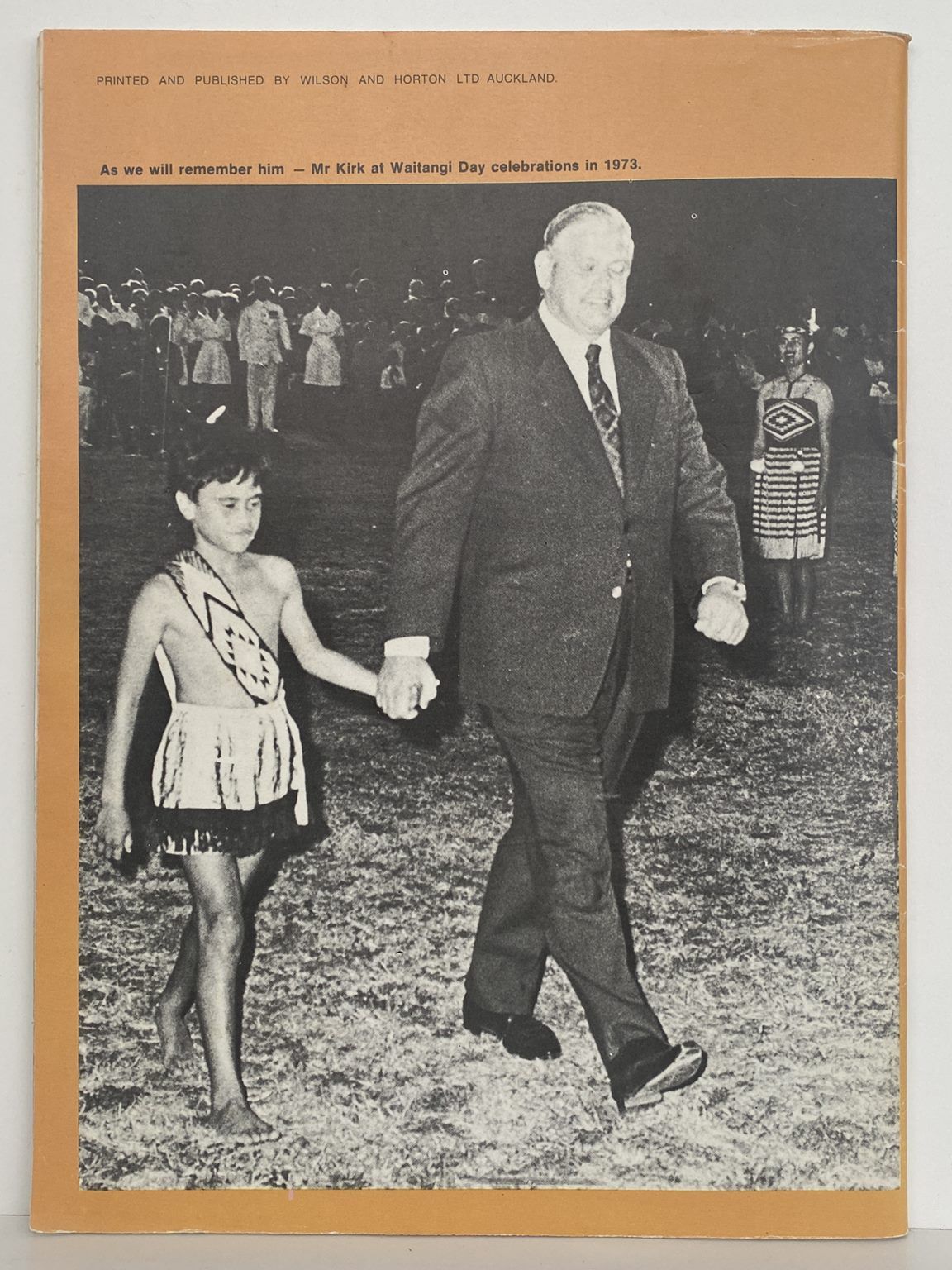 The stress of his demanding role and the constant, increasing troubles at home leave him worn and weary.
The stress of his demanding role and the constant, increasing troubles at home leave him worn and weary.
But he walks among his people, taking their hands and lifting them up and the work continues, delegations are greeted, he travels afar and in these other kingdoms and republics he is hailed as a visionary. His own small kingdom now commands attention in a way the people had never thought possible.
The kingdom is admired, the King feted. But he remains at heart the same decent man who stops to help travellers stranded and strangers in strife.
But the strain is telling on his large body.
He collapses many times but insists his courtiers tell no one. There is still much to achieve.
His death is nigh but coming with an agonising slowness.
ACT III
And then everything dims down: the man, the work, the life . . . until the inevitable. The courtiers and the people have no knowledge of his frailty, he continues to work late into the night. Quiet gestures of concern for strangers, care for those in unfortunate circumstances, physical labour when required, letters and papers to read.
It is a shock to everyone when the mighty King Kirk falls.
His faithful lieutenants carry his now thin and lifeless body out to the citizenry who wail and mourn, coming from all parts of the kingdom to pay tribute.
“He lived for his people,” says a faithful deputy. “He finally died for his people.”
But as his body is borne away another figure emerges from the wings, a tiny man with a smaller and more selfish vision, who struts and shouts and promises to undo all that King Kirk has achieved, and to dismantle all the plans for betterment.
He speaks well. Because he has not come to praise the king, but to bury him. And to bury his memory. He makes promises, he blames the king for divisions in the land and unfulfilled promises.
And the assembled crowd, in tears before, are now acclaiming this new actor on their stage.
He offers a different kind of hope. One of personal wealth and of feeling superior to the less fortunate who have only themselves to blame for their fate.
And as the lights go down voices ask in hushed tones, “Who was that King Kirk? And what did he achieve anyway?”.
They applaud the newly anointed one who laughs and cackles his way into the wings from whence he came.
CURTAIN
.
The life and agonising health problems which lead to his death are the subject of Denis Welch's emotionally heartbreaking We Need To Talk About Norman: New Zealand's Lost Leader.
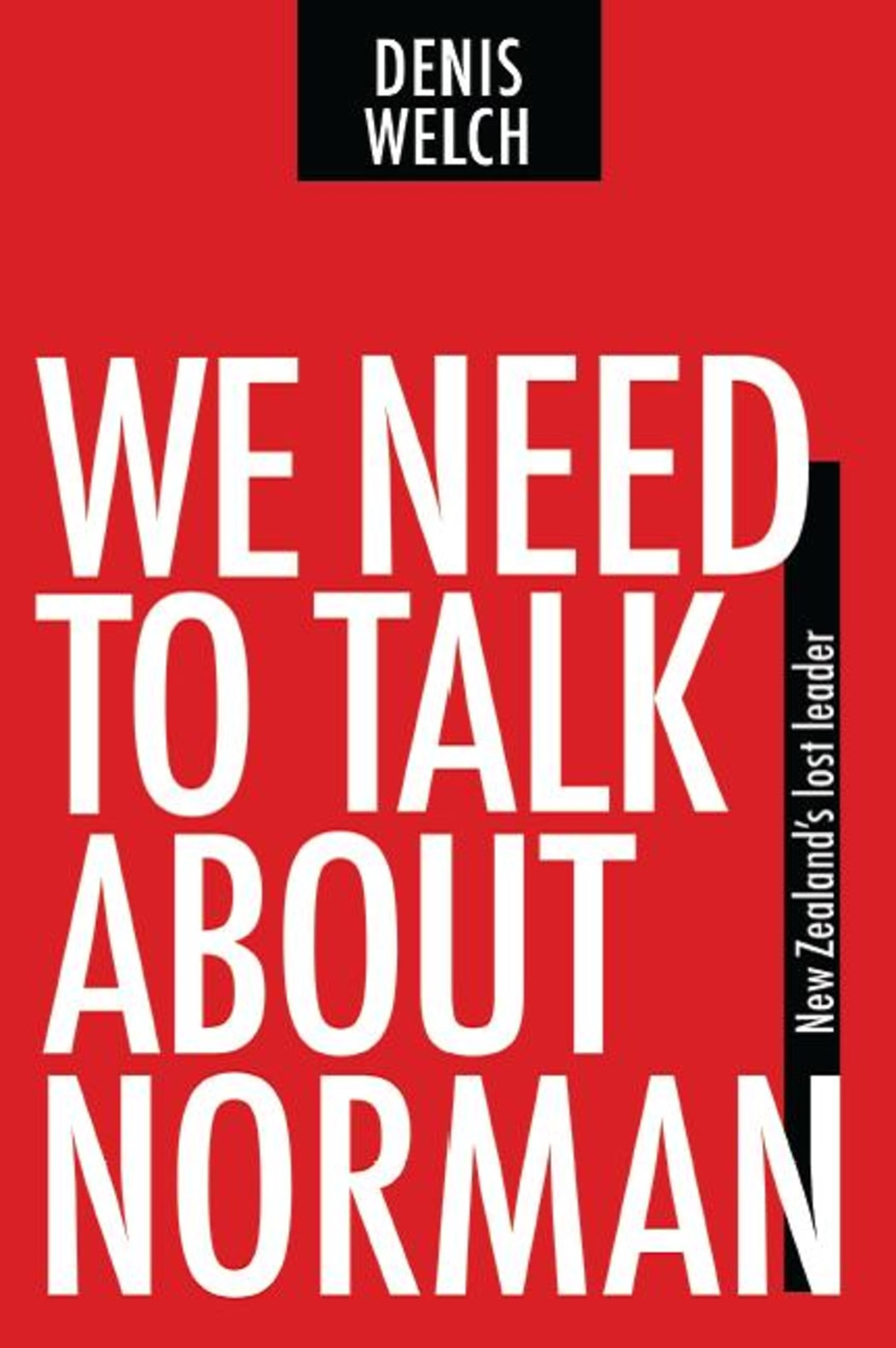 Political journalist Welch is not blind to Kirk's personal shortcomings, not the least his unwillingness to take care of his health which, if he had, might have seen him survive beyond his 51 years and just 90 weeks in office as Prime Minister.
Political journalist Welch is not blind to Kirk's personal shortcomings, not the least his unwillingness to take care of his health which, if he had, might have seen him survive beyond his 51 years and just 90 weeks in office as Prime Minister.
But the bigger picture which emerges is of a man who believed in the innate goodness of his fellow citizens, who understood the need for compassion and a helping hand to allow people to rise up, that fundamentals like a home and work and a decent income were the birthright of all.
To accept anything less made us lesser citizens.
Kirk also thought globally: he didn't resile from sending a frigate to protest against nuclear testing in the Pacific, saw the global and local consequences of sporting ties with apartheid South Africa, built bridges to South East Asia (which he loved), was the first (and only) New Zealand prime minister to visit Bangladesh (just after it achieved independence for Pakistan) and to host a black African president to New Zealand (no other has come since).
Kirk understood the small problems that people face and, in his huge but damaged heart, believed that offering people hope and opportunity was better than ignoring them and being concerned with ledgers and economic outcomes.
More than all that, he was a man of the people. He knew them.
“Something passed away with the death of Norman Kirk,” writes Welch. “Something went out of New Zealand, never to return. With one brief exception [Mike Moore], he was our last working class Prime Minister; the last to know what true poverty was like.
“The last to give more weight to moral values as opposed to monetary ones.
“The last to lead the country as if government was a public service, not a commercial business.
The last to touch the heart; the last to be widely loved.”
Welch has no love for the monetarists and cost-accountant mentalities which have been accepted as natural traits in our leaders, who are are hailed because they have been successful at making themselves rich.
Welch writes: "[Kirk] would have been horrified by what the neoliberal revolution since 1984 has brought and would fiercely have resisted such measures.
“Whatever the political noises made about it, whatever the programmes being 'put in place', whatever the issues being 'addressed', whatever the goals, the targets, the big data and the reassuring rhetoric, the inescapable fact remains that New Zealand since Kirk's day has become a country in which poverty is acceptable; in which a level of unemployment is acceptable; in which gross inequality is acceptable; in which, above all (because it explains all the others), the power to change these things has largely been transferred from political hands to the vagaries of a dehumanised abstract 'market' that has neither the mind nor muscle nor living organs – least of a heart.”
No one would ever say Norman Kirk didn't have a heart.
 But it was also the very thing that killed him.
But it was also the very thing that killed him.
.
WE NEED TO TALK ABOUT NORMAN: NEW ZEALAND'S LOST LEADER by DENIS WELCH (Quentin Wilson). $40

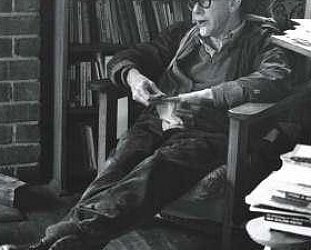
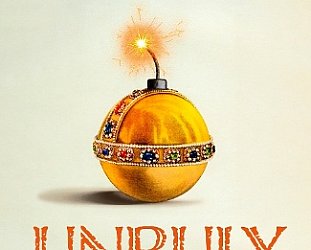
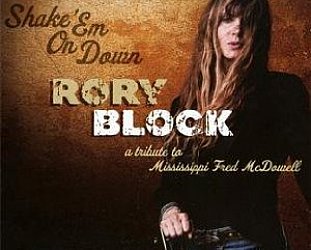

post a comment